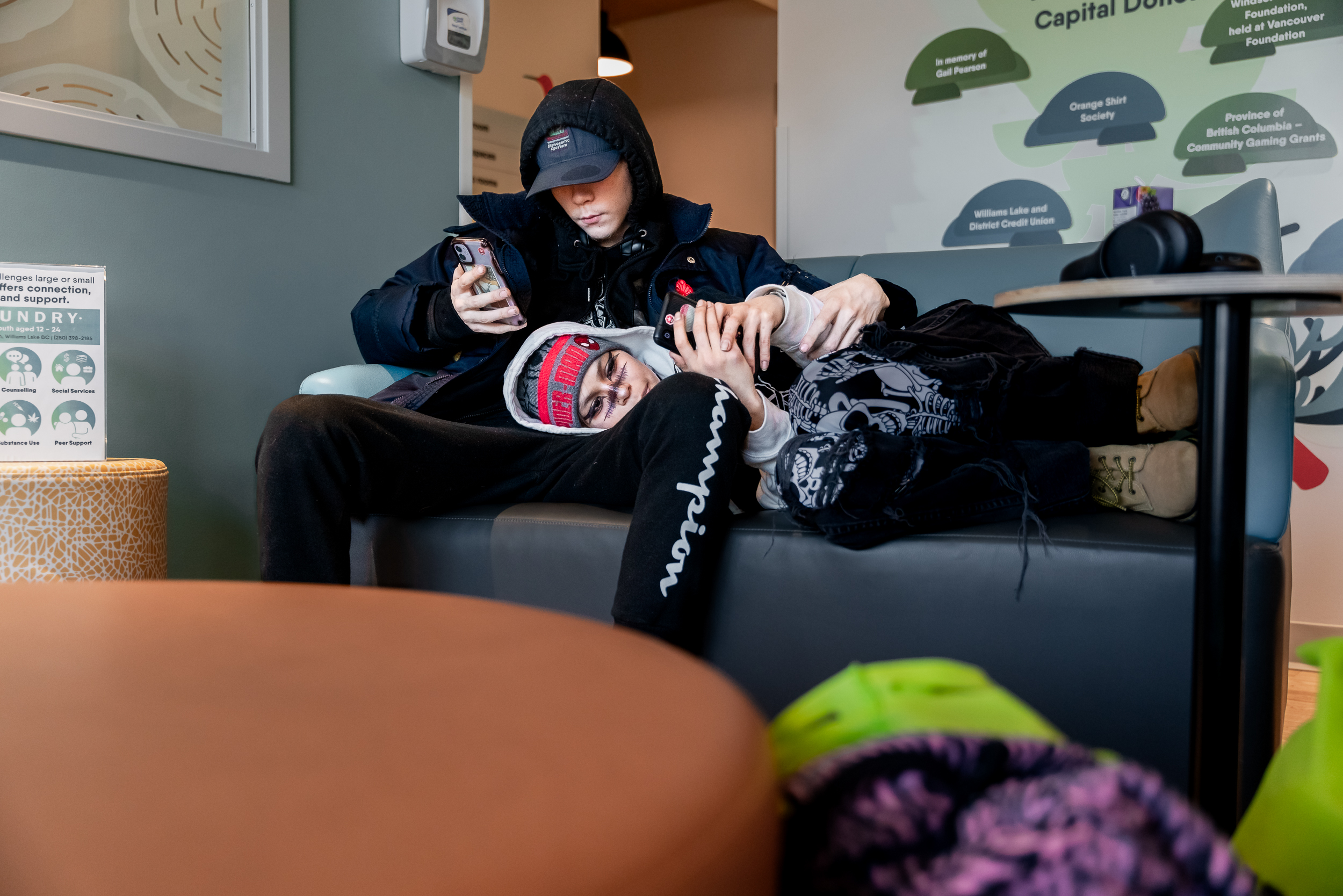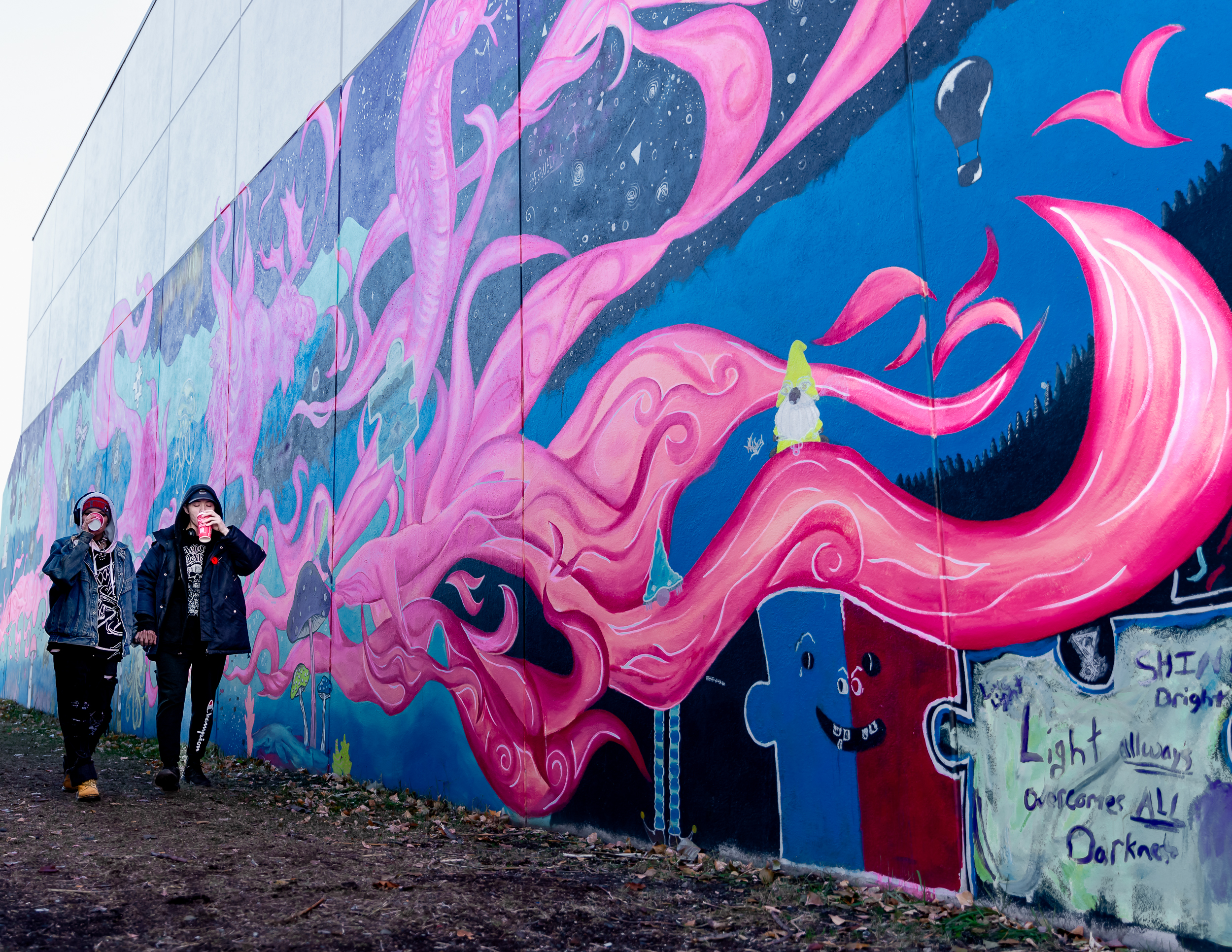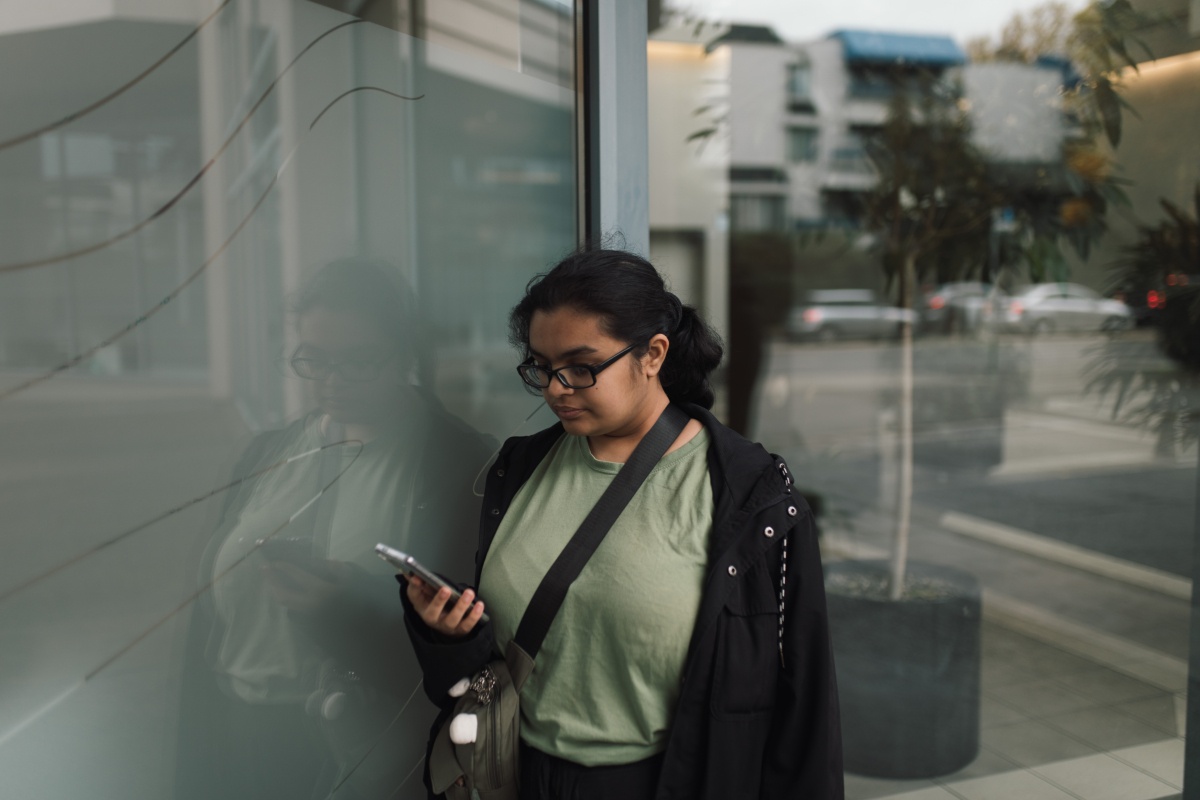Violence and Abuse

Violence and abuse can happen to anyone. There are different types of violence and abuse that people might experience in their relationships – including dating violence, sexual assault, and child/youth abuse. This section can help you recognize the signs of violence and abuse and take steps to help protect yourself and feel safer. You can also learn who to talk to for support, or how to support someone who has experienced violence and abuse.
Tips to Help if You are a Victim of Violence or Abuse
4 mins
Want to explore and learn more? Here are some options for you.

Suicide

Low Mood & Depression

